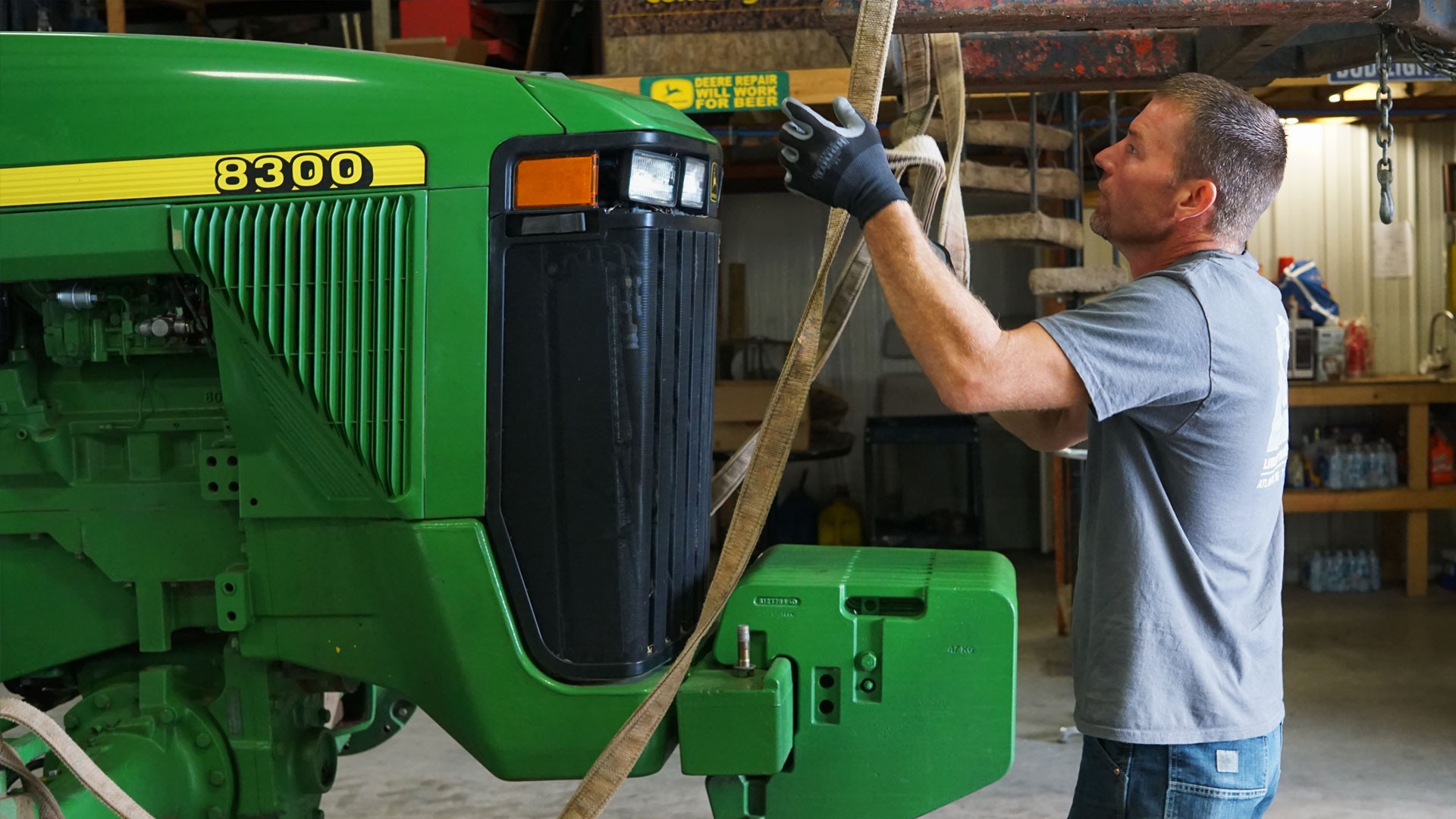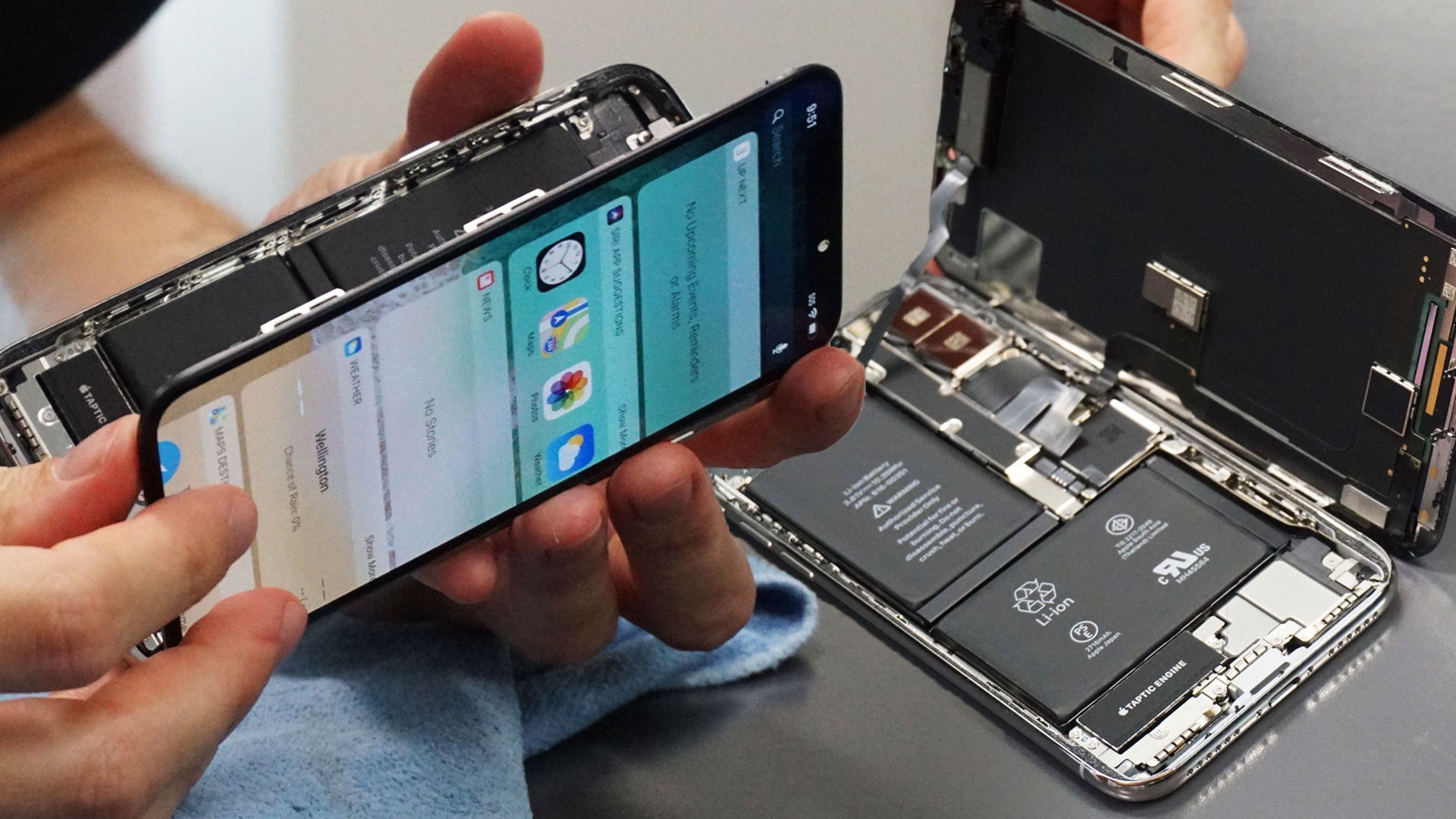Screengrab of one of the letters
Dyson declined to comment on the record and Wahl did not respond to a request for comment for this article.The Dyson and LG letters suggest that opening their products up to third-party repair could put consumers in imminent danger from independent repair people who they posit could enter your home to fix an appliance and instead harm and hack you


AHAM then sent me two articles—one in which a woman called the wrong number for an actual repair company and was swindled out of $420 by random people, and another from 2013 published on a site called Ezine Articles in which a competent repair person fixed a washing machine repaired by someone who messed something up without incident. It’s worth emphasizing that a small number of isolated and misrepresented incidents are being used to kill legislation that has the potential to make repair safer for everyone—fixing an appliance with a repair guide and diagnostic information is inherently safer than poking and prodding around devices blind: “This legislation will improve consumer safety by providing owners with the same safe procedures for repairing products that authorized service technicians are using,” Wiens said.AHAM's Messner also stressed that an improperly repaired appliance could cause damage to a home if it were to malfunction.Harris, the bill’s sponsor, told me in a phone call that opposition from companies has ramped up significantly since the committee moved it forward. He said he believes that the arguments’ “validity is weak.”“The arguments can always be carried to the ridiculous,” he said. “John Deere called me up and said, ‘What happens if a father makes an adjustment to a lawnmower and his young son cuts the grass and the blade comes off and cuts off his young son’s foot?’ I assume in the extreme it could happen, but I imagine the odds of that happening would be greater than the odds of being struck by lightning three times.”"I'd hardly say it's a monopoly … for those who want to get into the service business, we’d encourage them to participate with the major brands and become part of the process."
Though manufacturers are of course not required to fix damage that third parties did to a consumer's appliances, the Federal Trade Commission said last week that it is a violation of the Magnusson-Moss Warranty Act for manufacturers to condition warranty service on the use of a manufacturer's repair services and parts. If you used a third-party water filter on your LG refrigerator, the company couldn’t prevent you from making a warranty claim on a broken crisper drawer. Because “warranty void if removed” stickers have conditioned us to think that merely opening our things voids the warranty, Harris worries that some of this language is misleading.“Their argument is on soft legal ground—they don’t have solid ground on which to stand,” he said. “The difficulty is most legislators at the state level aren’t familiar with that level of detail. When a big guy comes in and says they are going to void the warranty and it’s a terrible bill, there’s a lot of vested interest there that legislators are trying to respond to.”"When a big guy comes in and says they are going to void the warranty and it’s a terrible bill, there’s a lot of vested interest there that legislators are trying to respond to"
